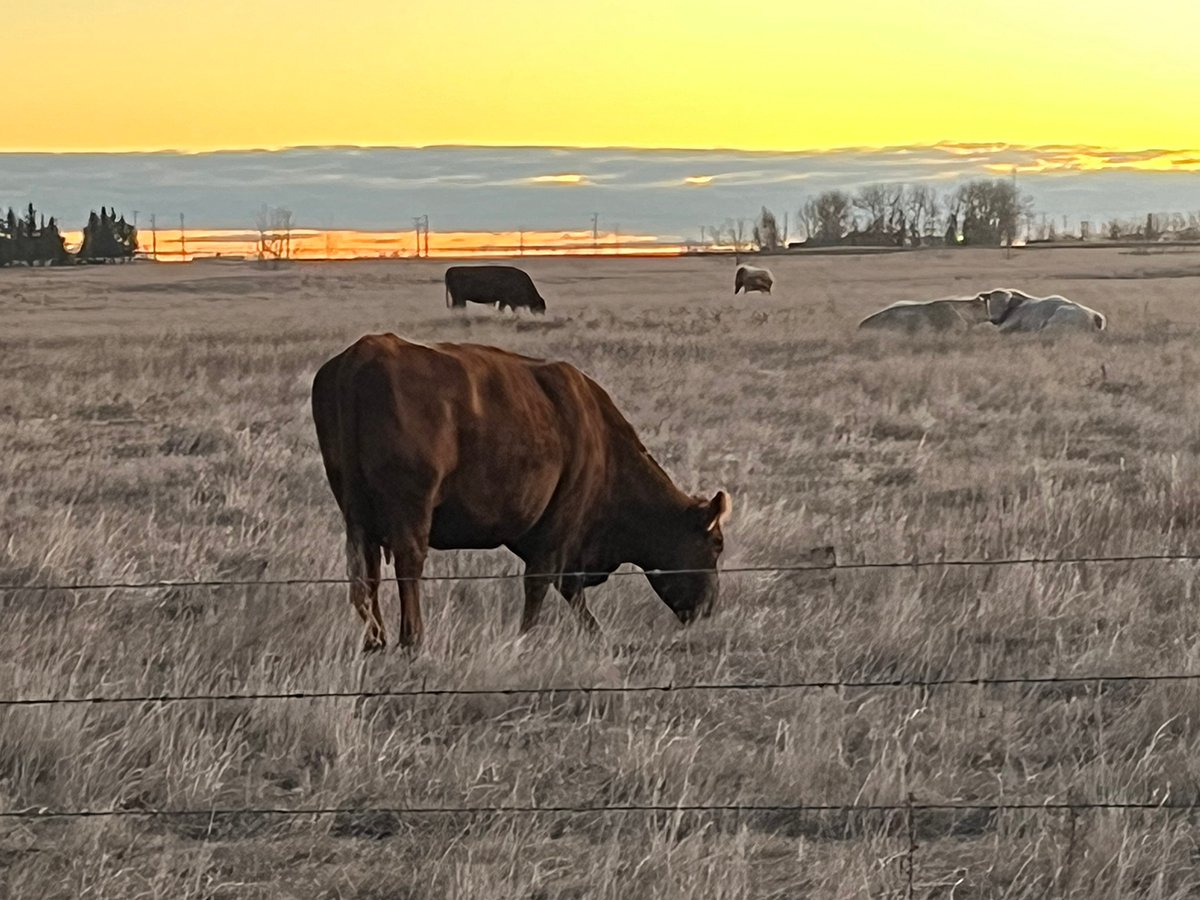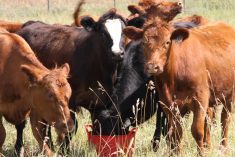MEDICINE HAT, Alta. – Cyril and Maureen Bender never planned on becoming worm farmers. Now the care and nurturing of two million squirmy worms is an integral part of their gardening soil business.
Worm manure, called castings, is blended into four different potting soils manufactured here at Benders’ company, Altwin Distributors. Completely organic and odorless, the soils are distributed as far away as Ontario for home gardeners and professional landscapers.
The company packages 21 different soil mixes using a spaghnum peat moss base.
The worms, called Red Wigglers, were part of the purchase agreement when the Benders bought the plant in 1989.
Read Also

Animal protection delivery to change in Saskatchewan
The Saskatchewan government is looking for a new agency to handle animal welfare after Animal Protection Services of Saskatchewan decided not to renew its contract next year.
A service manager for a car dealership, Cyril said he knew nothing at the time about soil, its properties or sales potential. However, with some imagination and good salesmanship, the company has grown threefold since the Bender family took over.
Tourist attraction
While soil and landscape rock make up the bulk of their sales, it’s the “worm farm” that tourists want to see in a dark, climate-controlled room at the back of the plant.
Stacked on pallets in small, wooden boxes 40 centimetres by 20 cm deep, each box holds about 1,000 worms that devour a mixture of uncomposted peat moss within two weeks.
“We use them because they’re very active. They go through the peat moss a lot quicker than regular garden earthworms,” said Bender.
The resulting castings, which look like coffee grounds, are ideal for potting soil.
“It grows plants like crazy,” said Bender.
Begin to reproduce
Properly maintained, the five-cm long worms can live for five or six years. When they start to run out of food, the bisexual wigglers become stressed and start laying eggs. As a form of birth control, the Benders monitor the boxes closely before too many eggs start to appear. Each egg can produce several worms.
To gather the castings, boxes are emptied into a drum-shaped machine containing two screens. The first screen traps the worms while castings fall to the floor. A finer screen below catches eggs and other debris. Castings are then put through a sterilizer to kill unwanted eggs.
Originally from southern Texas, the worms can’t survive cold weather so they aren’t released in outdoor gardens here, said Bender.
When they’re returned to a new batch of peat moss, they may appear sluggish if the moss is too cool.
If they become stressed from cold or other shocks they will crawl from the boxes onto the floor and die from dehydration.
Vibrations also bother the worms. The farm used to be beside a noisy industrial road with heavy trucks passing by regularly.
“We never realized it was a problem. We came in one morning and there were worms all over the place. They didn’t care for the vibrations and they jumped out of the boxes,” said Bender.















